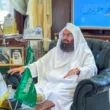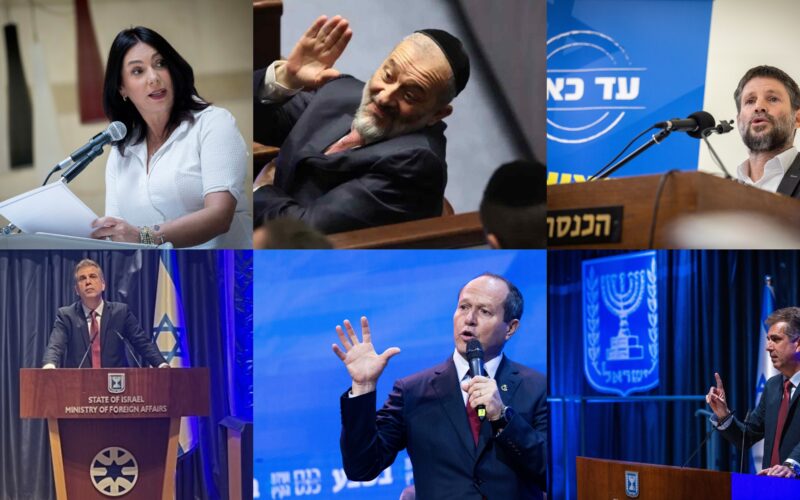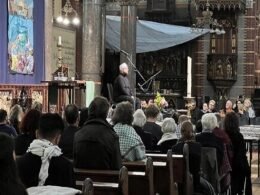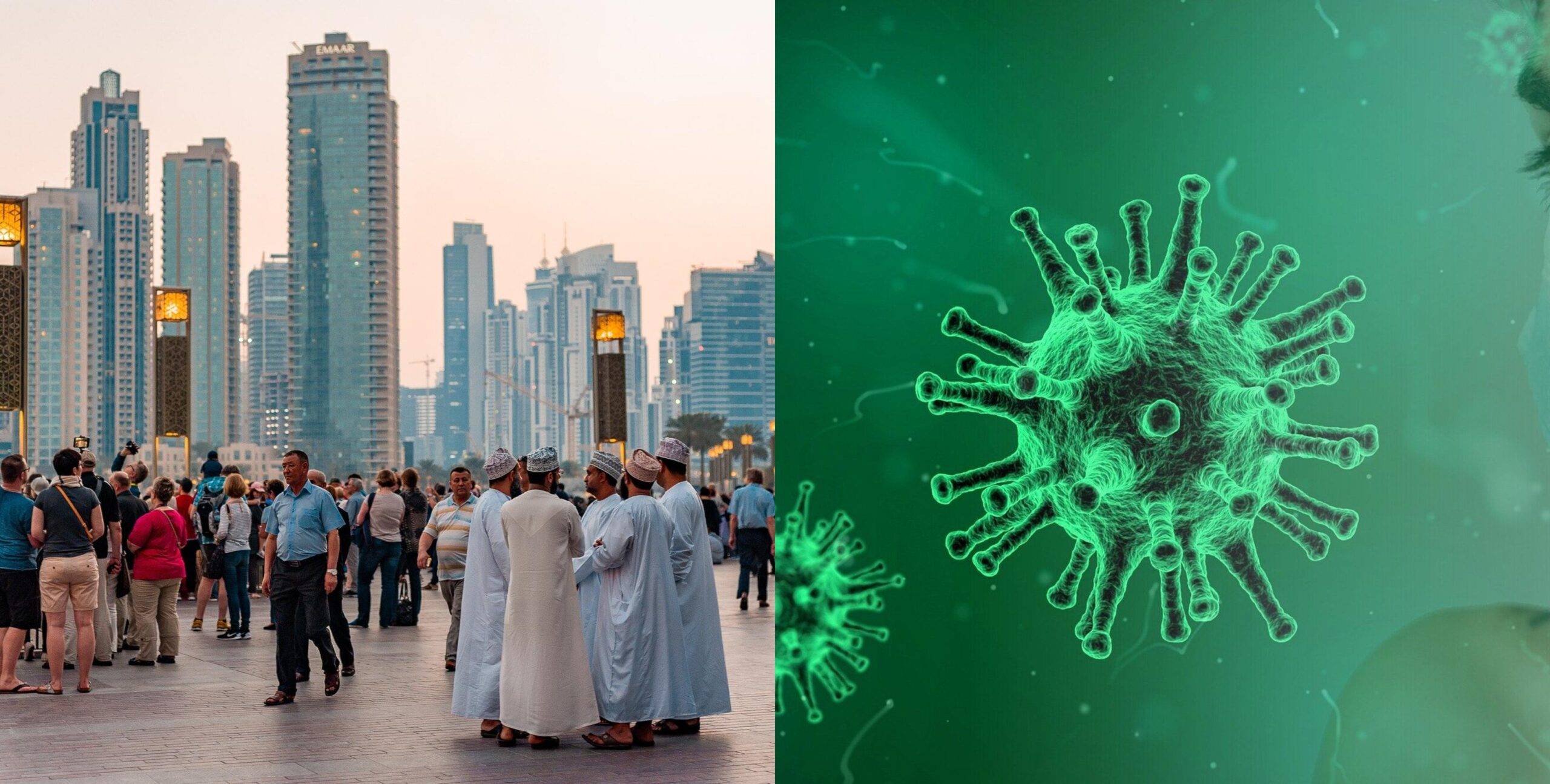On Thursday, December 29, Benjamin Netanyahu has sworn in again as Prime Minister of Israel for the sixth time after winning elections in the Israeli parliament, the Knesset, with 64 out of 120 seats. In announcing his induction to President Isaac Herzog, he also announced the formation of his new government.
Table of Contents
Netanyahu’s new cabinet, which is said to be Israel’s most far-right government ever, is made up of ultra-Orthodox parties, an ultranationalist right-wing religious faction affiliated with the West Bank settler movement, and his Likud party.
The following is a profile of Israel’s controversial new ministerial line-up in Benjamin Netanyahu’s Cabinet.
Minister of Finance Bezalel Smotrich
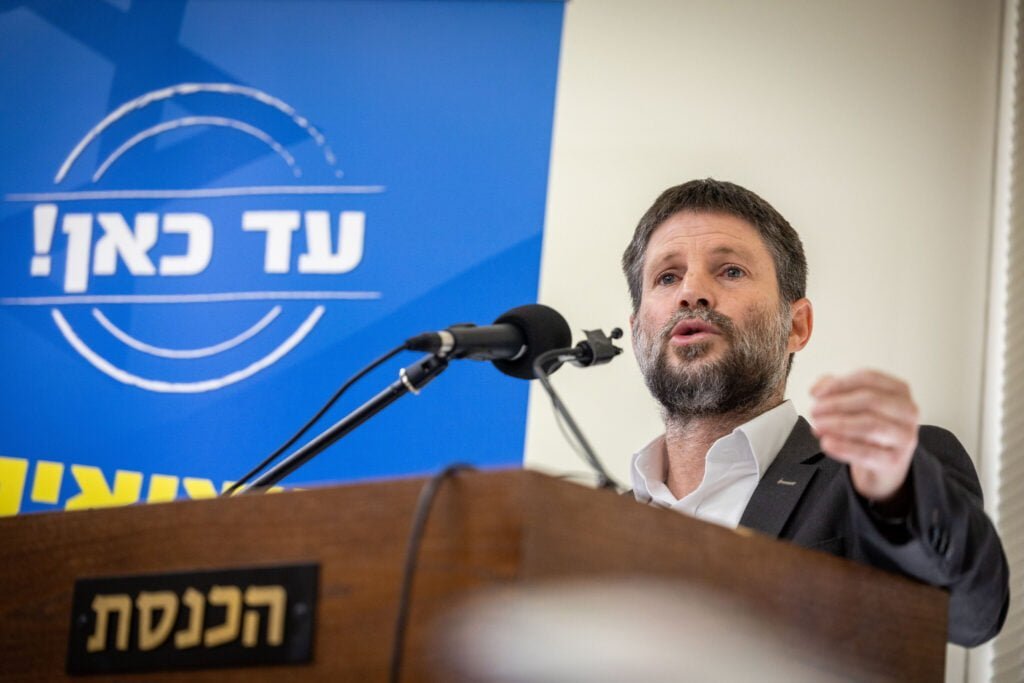
In the past, Smotrich is known to have agitated against Palestinians with Israeli citizenship and staunch supporters of illegal settlement building in the Occupied Palestinian Lands.
Minister of Home Affairs and Health Arye Dery
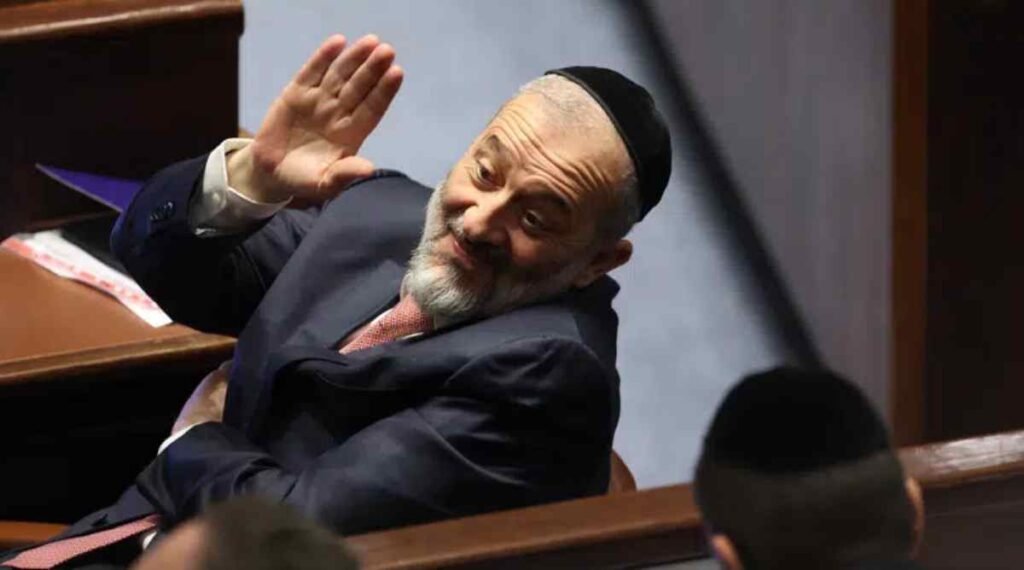
His appointment to the new Netanyahu government has been challenged in Israel’s Supreme Court, given his conviction for tax fraud – without a prison sentence – last year.
Minister of National Security Itmar Ben-Gvir
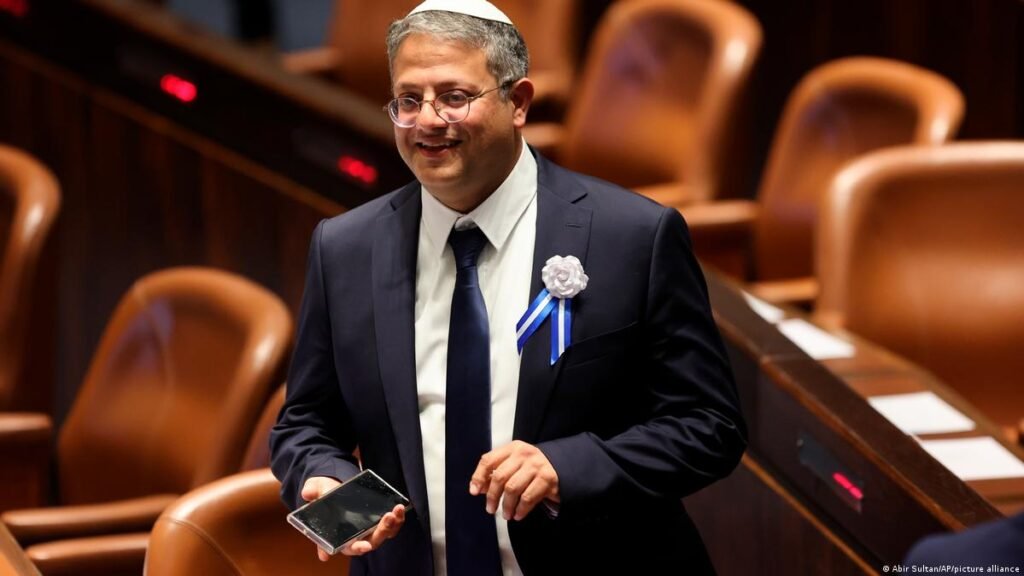
Itmar Ben-Gvir was previously convicted of inciting racism and supporting terrorist organizations. Not only that but he is also known to oppose Palestinian statehood and support open-fire regulations that are freer for Israeli security forces.
Minister of Foreign Affairs Eli Cohen
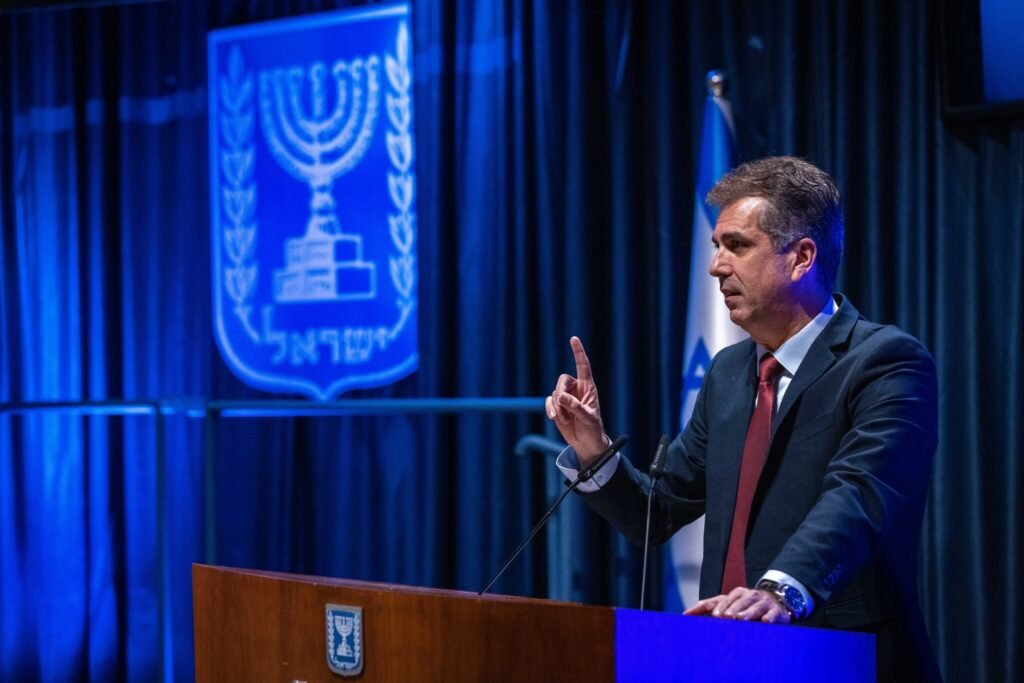
As intelligence minister in the previous Netanyahu administration, Cohen had backed US-sponsored normalization deals between Israel and several Arab countries.
Minister of Defense Yoav Gallant
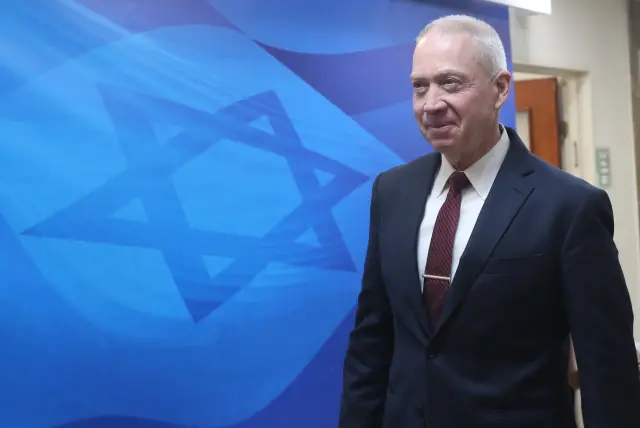
Galant has been a major supporter of Israeli settlements, which are considered illegal under international law.
Minister of Strategic Affairs Ron Dermer
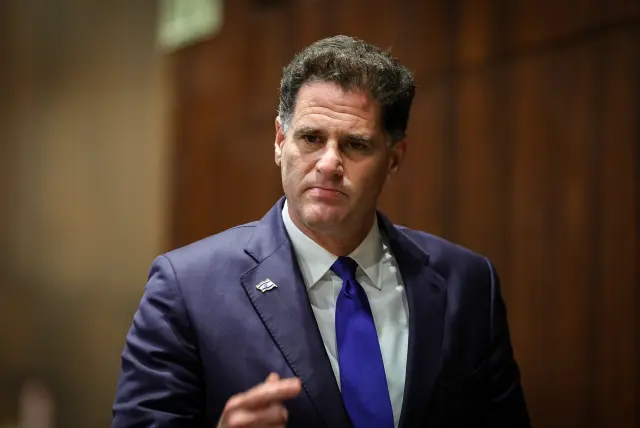
Dermer is believed to have orchestrated Netanyahu’s dialogue with the US Congress on the 2015 Iran nuclear deal, a controversial move as the Obama administration neared a final agreement.
Minister of National Missions Orit Strock
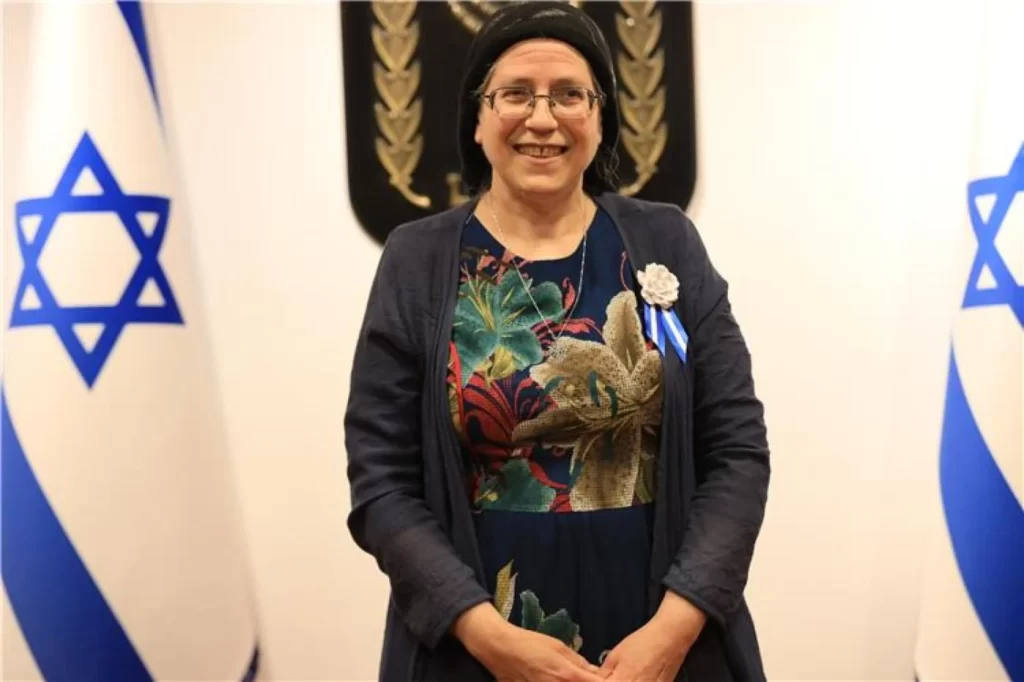
Just last week, Strock issued a controversial statement saying that doctors should be allowed to refuse to treat patients when it goes against their religious beliefs, which was widely interpreted as targeting Palestinians and members of the LGBTQ community.
Minister at the PM’s Office Galit Distal-Atbaryan
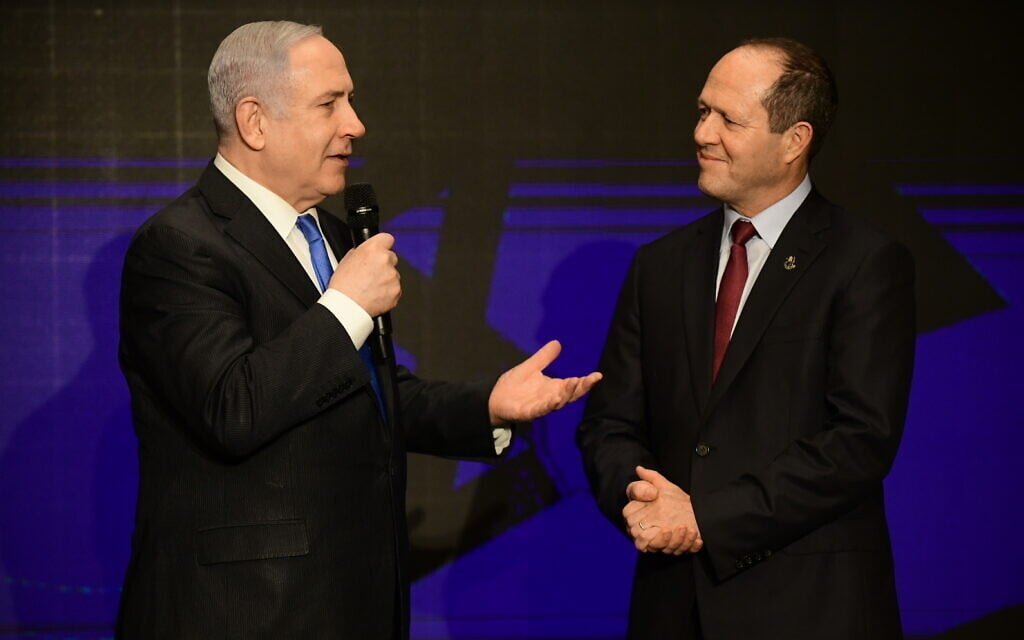
In 2021, Galit Distal-Athbaryan disputed the existence of autism, which certainly caused a wave of criticism from families with autistic children.
Deputy Minister at the PM’s Office Avi Maoz
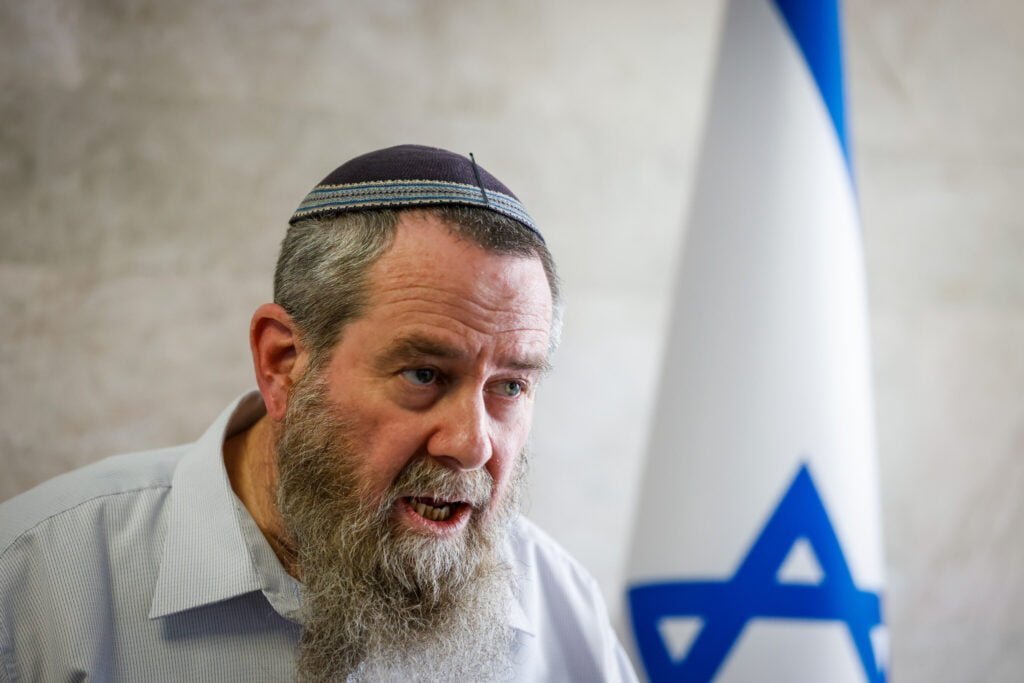
Maoz and his party controversially released a blocklist of people and organizations identified as part of the LGBTQ community, leftist, or pro-women’s rights.
Minister for Housing and Minister in the PM’s Office Yitzhak Goldknopf
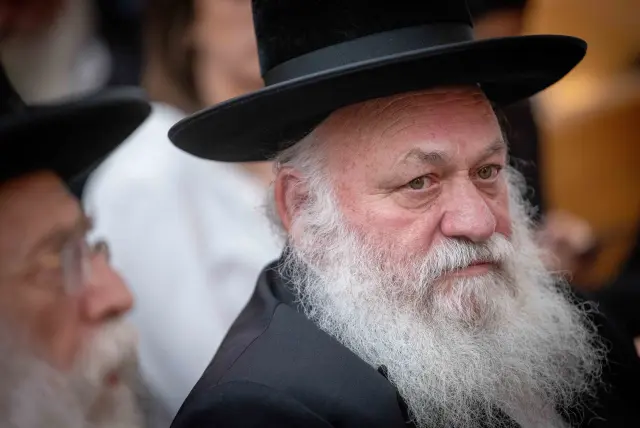
Yitzhak, a wealthy businessman, recently drew public attention when he claimed Israel was not experiencing a housing crisis when the country’s property prices rose 20 percent this year.
Minister of Culture and Sports Miki Zohar
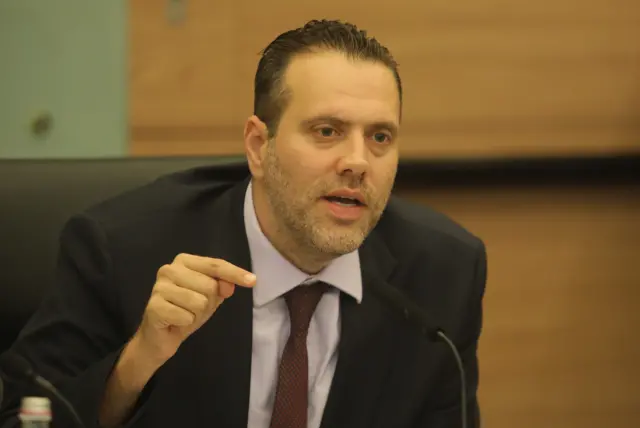
On a radio show in 2018, Zohar openly said that “the entire Jewish race is the highest human capital, most intelligent and most comprehending.
Minister of Economy Nir Barkat
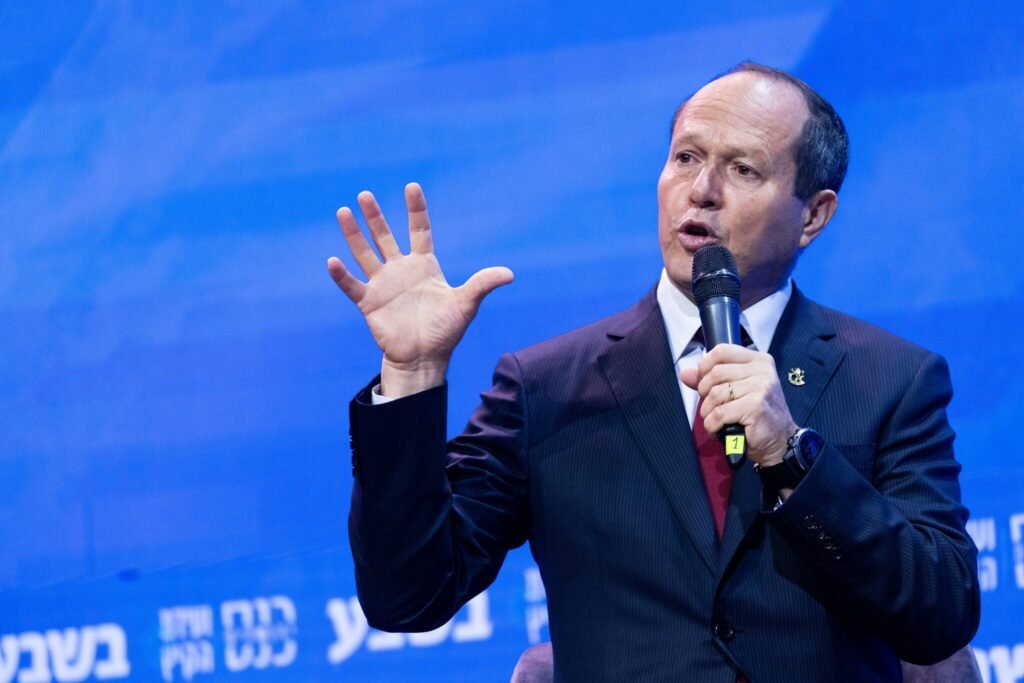
Barkat, who is believed to be Israel’s richest politician, became one of 565 Israelis involved in the Pandora Papers scandal, a document that leaked the names of the world’s wealthiest people who hid their money in a secret bank account and offshore companies.
Minister of Tourism Haim Katz
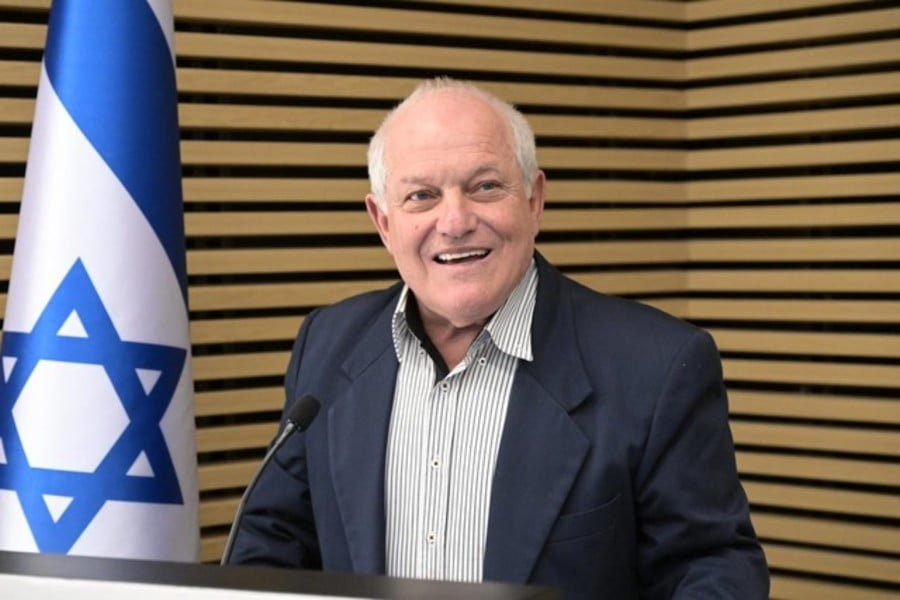
In 2021, Katz was indicted on charges of conflict of interest and conspiracy to achieve a legitimate goal by improper means and later received a suspended sentence for abuse of power while chairman of the Knesset’s social welfare committee.
Minister of Justice and Intelligence Yariv Levin
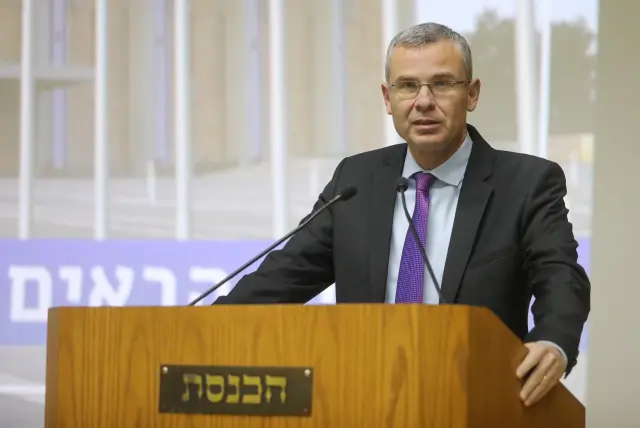
Levin is an ardent opponent of the creation of a Palestinian state and a critic of Israel’s justice system, which is set for an overhaul according to recently signed coalition agreements.
Minister of Transportation Miri Regev
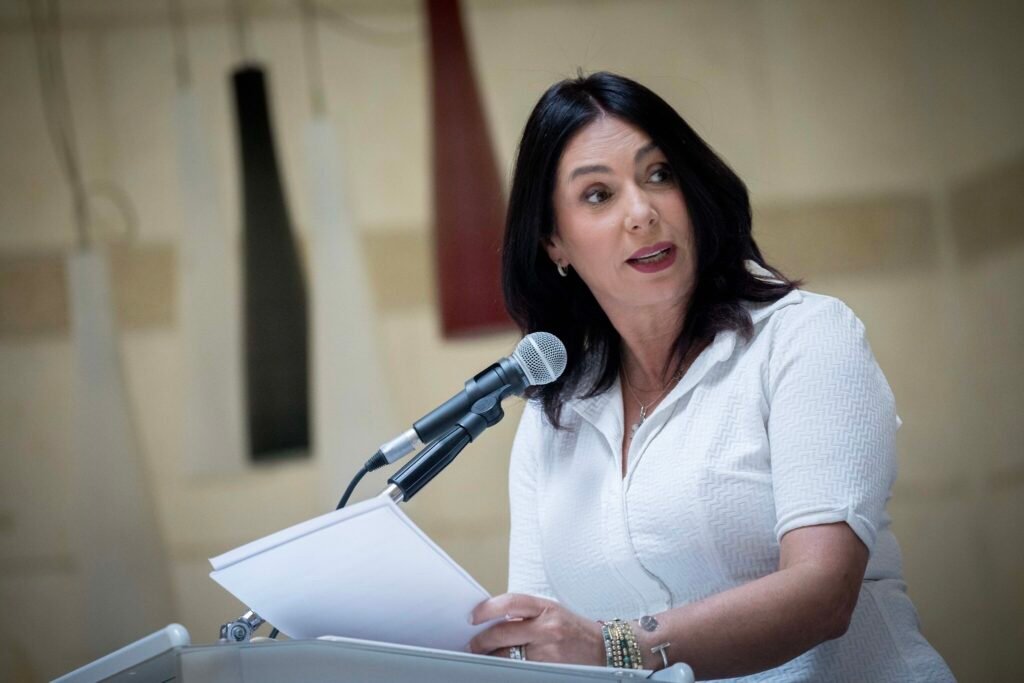
During an anti-immigration demonstration in 2012, Regev called Sudanese immigrants “infiltrators and cancers in the nation’s body.”
Subscribe to our channels on WhatsApp, Google News, Facebook and Instagram.Discover more from The Islamic Information
Subscribe to get the latest posts sent to your email.




